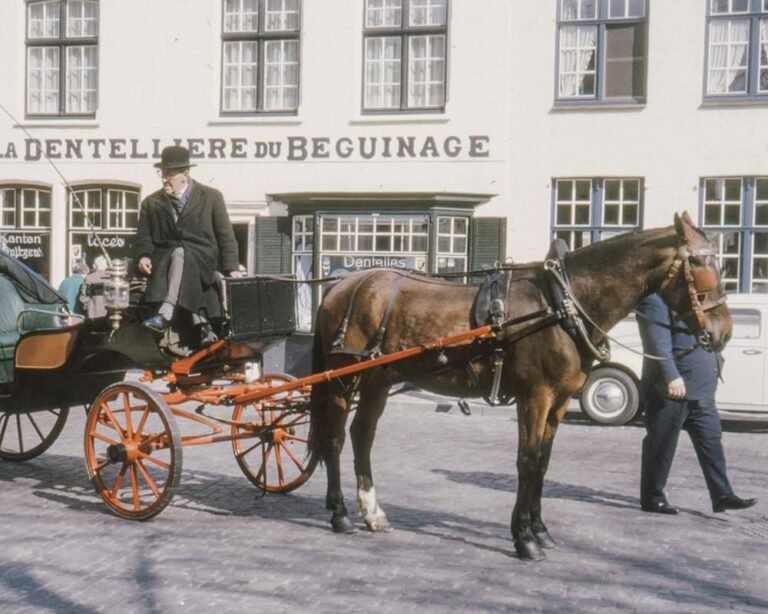sentir vs se sentir
What is the difference between the French verbs “sentir” and “se sentir”? They both mean “to feel” in English, although “sentir” can also mean “to smell.” So how are they different from each other and how should each one be used? In short, “sentir” is for physical sensations like smell or touch, while “se sentir”…









